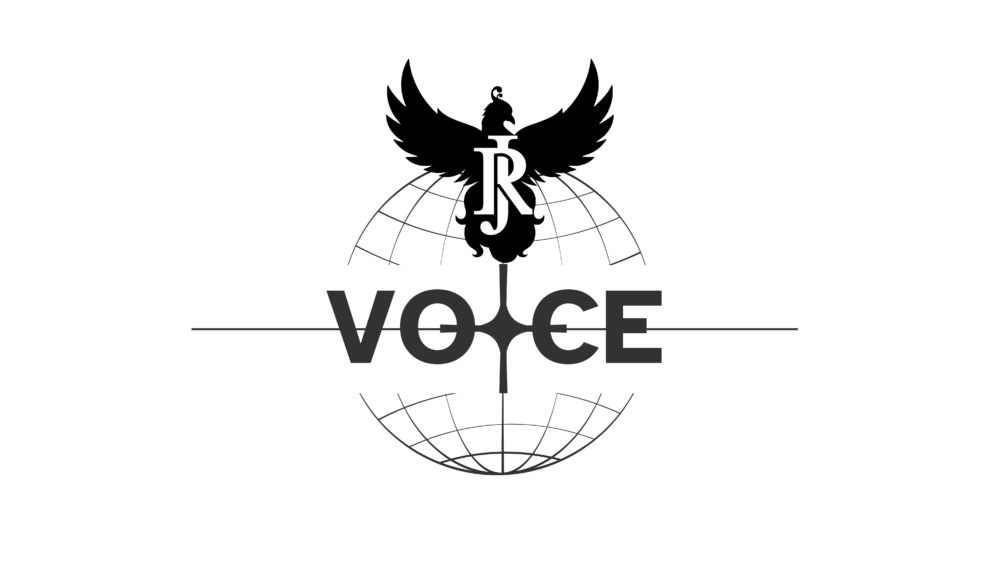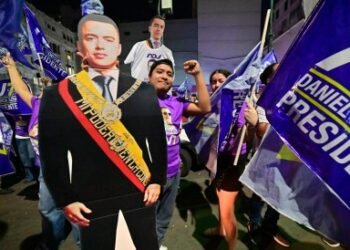On April 3, 2025, Brazil’s Supreme Federal Court (STF) approved a series of measures aimed at reducing human rights violations during state military police operations in Rio de Janeiro’s favelas. This decision follows years of legal proceedings addressing concerns over police violence in these communities.
Key Measures Introduced
The court’s ruling includes several significant measures:
- Mandatory Body Cameras: Police officers are now required to wear body cameras during non-investigative operations to ensure transparency and accountability.
- Operational Justification and Notification: All police operations must be justified in writing, with immediate notification to the Public Prosecutor’s Office. This measure aims to establish clear accountability for law enforcement actions.
- Restriction on Helicopter Use: The use of helicopters in police operations has been limited to cases of extreme necessity, addressing concerns over civilian safety and reducing the risk of aerial confrontations.
- Development of Reoccupation Strategies: The court has mandated the creation of territorial reoccupation plans for areas controlled by criminal organizations, aiming to restore state authority while minimizing violence.
- Federal Investigations into Criminal Organizations: The Federal Police are instructed to initiate investigations into the activities of violent criminal groups operating in Rio, focusing on their connections with public officials and prioritizing offenses such as arms trafficking and money laundering.
Background and Context
The STF’s decision stems from the “ADPF of the Favelas” case, initiated in 2019 by the Brazilian Socialist Party (PSB) and human rights organizations. The case highlighted the need to address systematic human rights violations committed by security forces in Rio’s favelas.
Prior to this ruling, police operations in these communities were often marked by high lethality rates and allegations of misconduct. In 2019, Rio de Janeiro recorded 1,814 deaths resulting from police interventions, a number that decreased to 699 by 2024, indicating a positive trend toward reducing police violence.
Reactions and Ongoing Challenges
The court’s measures have elicited mixed reactions. Rio de Janeiro’s Governor, Cláudio Castro, expressed concerns that restrictions on police operations could lead to increased criminal activity, citing the expansion of criminal organizations following previous STF interventions.
Conversely, civil society organizations and human rights advocates have lauded the decision, emphasizing the importance of balancing effective law enforcement with the protection of citizens’ rights. The requirement for operational justification and oversight is seen as a crucial step toward accountability.
Recent Incidents Highlighting Tensions
A recent incident underscores the tensions surrounding police operations. In March 2025, during a raid targeting a van theft ring in a western Rio favela, a civil police officer co-piloting a helicopter was shot in the head. The officer survived, but the incident shed light on the risks associated with police tactics and the challenges of operating within densely populated urban areas.































































